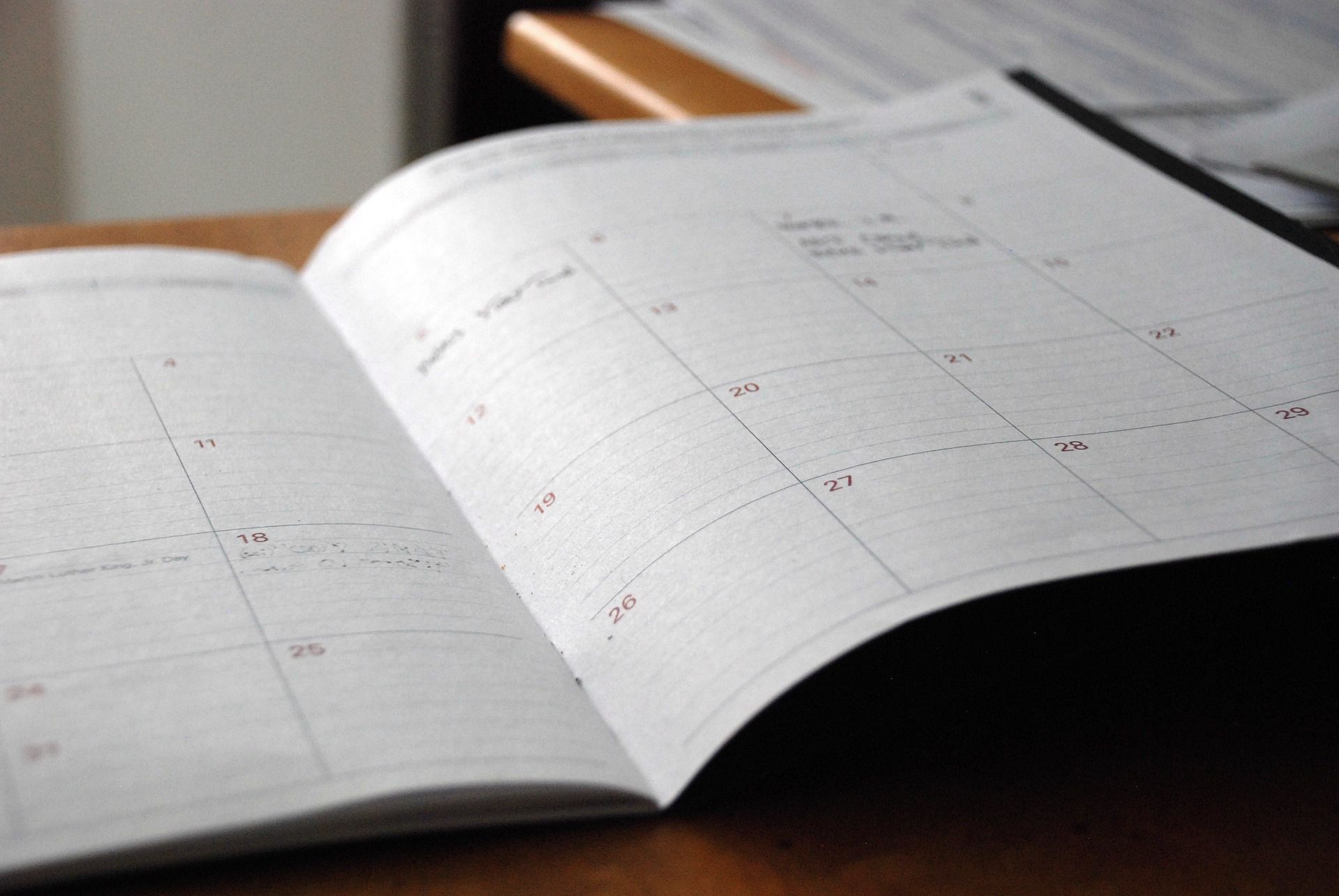Some years ago, I was signing copies of my novel after a reading. My family wandered up to the author’s table, smiling with pride. Then the woman standing in front of me, waiting for her book to be signed, looked up at my husband and kids.
“Wait a minute,” she said. “You do this?” She pointed at my book. “And that?” She pointed to my family. “And you’re a professor?”
I smiled and nodded. “I have a very full life,” I said.
“Are you bionic?” she asked me.
Perhaps you’ve heard this question, too: How do you do it all? People asked that question when I decided to have a second child while working toward my Ph.D. in English. They asked it again when I was a junior professor working toward tenure, raising two school-age kids at the same time.
My answer has always been I just do. But when I really take a moment to think about it, I realize that there have been a few consistent strategies that helped me keep my work and family life in running order.
Lists
I keep two lists on my office desk at all times: things that must be done this week and things that must be done today. Instead of feeling overwhelmed by a long list of things I need to do, I end the day feeling accomplished when I clear my daily list. The next morning, I start fresh.
At home, I keep two magnetized note pads on the refrigerator door: one for groceries, one for household items. Anyone is free to add to the lists. When shopping day rolls around, the shopping lists have already been made—and if someone forgot to write something on the list, that item won’t be purchased for another week (unless, of course, there’s a legitimate emergency, or the person in question is old enough to make a trip to the store and make a purchase on their own.)
As I’ve grown older–and my short-term memory has grown shorter–lists have become a lifesaver.
The command center
In my office, I use one set of shelves for everything relevant to my daily activities: class notes, committee files, the books I’ll be teaching this semester, documents to be filed, etc. I try to get this area organized within the first week of each semester. Having all the relevant pieces in one place eliminates the need to search for something in a panic when I need it later.
When my kids lived at home, our family command center was a bulletin board anchored beside the family calendar. I used the calendar to keep our schedules straight; it also let us see and prepare for any conflicts before they arose. As my kids got older and could drive themselves around, the family calendar became a way to keep track of their schedules while planning meals and family activities. Meanwhile, the bulletin board helped us corral permission slips, flyers about upcoming events, tickets, and other important documents. We tried using two plastic trays–one for papers to be signed, one for those that had been signed–but this became too confusing. Papers were always in the wrong basket, which meant we found ourselves dealing with a last-minute crisis far too often. The bulletin board–with a designated area for things that needed a signature–was an easier alternative.
Now, with three adults in the house, the family calendar lets us keep track of each other without the need for constant texting. The bulletin board is where we keep track of tickets, coupons, and other important items, so they don’t end up being recycled with the junk mail.
Division of Labor
This is, by far, the most important strategy Mike and I employ. We run a fairly egalitarian household, but the fact of the matter is that nothing will get done unless everyone knows their responsibilities.
Grocery shopping and meal planning are my department, because I enjoy them. I always make sure to buy prepared meals for those nights when making dinner just seems like too much effort; that’s part of the planning process. My son takes care of lawn-mowing and some of the dog-walking (a job all three of us share.) Mike takes care of most housekeeping because he has a lower tolerance for clutter than I do. The two of us share the rest of the yard work. We all manage our own laundry.
Instead of arguing over jobs that haven’t been completed, we trust the responsible party to get it done–and we get them done out of respect for each other.
Rewards
When you clear your to-do list at the end of the day, how do you celebrate? When your family survives a stressful week, how do you mark the occasion? Rewards don’t have to be big—15 minutes of social media time is an adequate reward for getting your work done. A family movie night with take-out pizza is a great way to relax. Just be sure to take a moment to acknowledge your successes, because they matter.
Whenever someone comments on the fact that I’m “doing it all,” I’m quick to point out that this isn’t true–my family life is a team effort. There’s nothing noble about being overworked and underappreciated. The long-suffering wife and mother is a stereotype best left in the past.
The sooner we start thinking of “doing it all” as a family responsibility, the happier those families will be.





No Comments